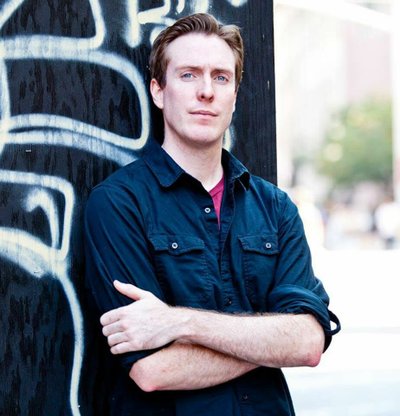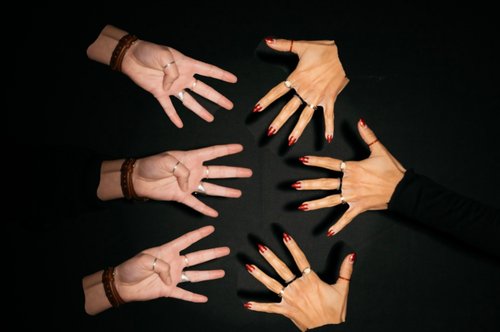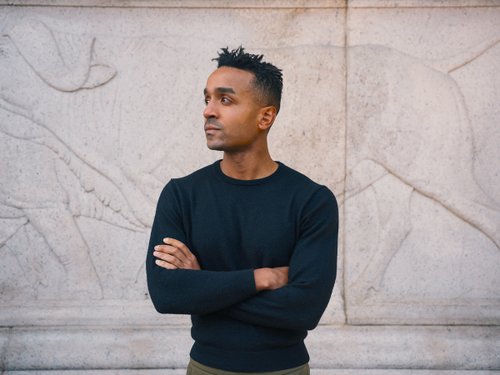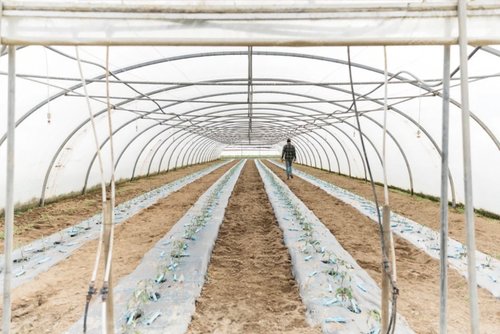Will working for a DAO be better than a corporate job?
Nov 10, 2022
5 mins


Dan Reilly is a freelance journalist from New York.
Imagine working with a group of like-minded people in an environment where nobody is the sole boss, everyone has an equal say, and everything is transparent. Sounds ideal, right? That’s the basic premise behind decentralized autonomous organizations (DAOs), the blockchain-powered collectives that, in some cases, are being described as offering career opportunities outside of the traditional corporate structure.
Have you ever wanted to be the boss for a day, a week or even a month? That’s entirely possible if you work at a DAO. That’s because DAOs do not have the type of hierarchical management system typically found in big or small companies around the world. Using ownership tokens and smart contracts, they are generally run by members who vote on proposals, with each token holder getting one vote. So, for example, this could involve deciding as a group to devote funds to a certain project with specific members in fluid roles to see the initiative through. Those in charge of the project might seem like the boss while they are running things, but for the business’s next collective endeavor, they could easily find themselves reporting to someone who was their subordinate on a previous project. The goal is for all members to contribute to the best of their abilities in whatever ways will most benefit the DAO.
Dominic Williams, the founder and chief scientist of Dfinity, which created an ownerless public blockchain called the Internet Computer, explains it this way: “A DAO is essentially a kind of digital democracy that replaces traditional organizational structures, like corporations, foundations, partnerships, trusts, and so on. It’s a whole new way of creating a business that doesn’t really look anything like a traditional business,” says Williams.
This begs the question: are DAOs the future? Is a DAO a viable alternative to a traditional business, which often has hierarchical management, a board and shareholders?
What’s to love about DAOs
At a basic level, according to Williams, DAOs eliminate many of the hurdles and barriers to starting a company. A group of programmers from a developing nation without venture capital could use a DAO to start a service that is used internationally, avoiding all the fundraising, regulatory, and overhead hassles that a traditional company would face. “DAOs are going to democratize access to the tech economy and it’s going to bring in this tidal wave of talent all of a sudden,” says Williams.
Williams says that OpenChat, a communications service that runs on the Internet Computer blockchain, is an example of a DAO with founders who aren’t in control of the product. “That was developed by three very hardworking and talented developers, and they’re planning on placing that entire service in the control of a community DAO,” Williams says. “They’re going to relinquish control, although they will remain as developers, and the funds raised will be held by that DAO. That money can be held by the community and could then be used to, for example, pay the developers themselves as contractors.”
The OpenChat DAO allows its community to vote on proposals to upgrade and alter the service. Token holders who don’t have the time or do not want to get involved in every decision can elect to follow the voting decisions of someone else. He contrasts the operation to that of Snapchat, where every decision runs through chief executive Evan Spiegel.
Williams adds, “OpenChat is a very different kind of thing because the decisions will be made by the DAO. Of course, within that community, there will be leaders and people will follow those leaders but this thing [the DAO] can still make good, quick decisions. And the truth is, if there was a bad leader that people were following, then he would be unfollowed and would lose his voting.”
Management is a key area where DAOs can differentiate themselves from a traditional company, with members fluidly taking the reins of or supporting projects based on their skillsets. Grace Rachmany, founder of DAO Leadership and co-author of the handbook, So You’ve Got a DAO: Leadership for the 21st Century, says, “There needs to be hierarchy and organization based on talent and it can rotate more often than the current system.” This allows a variety of people to play to their strengths. “Some people are really good at starting projects and some people are really good at improving projects,” she says. “Some people are really good at managing projects, but they’re not creative. Some people are good at mundane work. And other people are good at closing it down. So, you might not want the same CEO for each stage of a project.”
What’s not to love about DAOs
Exciting as these new structures may sound, the news about DAOs is not all positive. For example, some members may try to consolidate their power, others who are not interested in the process may try to impede the DAO’s progress. At the same time, conflicts that an HR department would typically handle are left to the group to settle. Cases of toxic groups, fraud, and mismanagement are plentiful too. DAOs also face cybersecurity threats and may struggle to comply with government regulations.
Williams says that this is to be expected. “Whenever you have human beings and differing opinions, you’re going to have politics,” he says. As with any other organization or community, DAOs are susceptible to power plays, biases, laziness, and whatever other flaws the people involved have. Rachmany says that motivation around unpopular projects may be an issue too. “I wonder how you get the stuff done that nobody wants to do in a structure where everybody gets to do whatever they want?” she says.
There’s also the question of how DAOs respond to sexual harassment or other serious workplace issues, given the lack of traditional HR departments. “As a woman, I noticed that there aren’t a lot of women in the crypto world, and there aren’t a lot of women doing these styles [of] structures. What is that going to mean for how this particular structure evolves?” says Rachmany. “We already live in economic systems that are clearly designed by men for men. As much as we might try to have equality in them, it looks like a fair game but it’s not a fair game.”
Another issue is power. Even with utopian ideals, there will always be those who have more sway in organizations, which can be especially tough on those from an underrepresented background. “Can you imagine working someplace and having to campaign for your contract, have to kind of pass a popularity contest every three months, or every month, or every project?” Rachmany says. “It’s like an acceleration of the gig economy — it’s a little bit worse because all your colleagues are voting on you and some weird politics are going to come out of that. Just imagine you’re a woman in Bangladesh or Senegal. English is not your first language. You’re trying to campaign for something and you’re pregnant for the third time in five years, and you have to ask for maternity leave. This is not a good system. It’s not a good system for parenting. It’s not a good system for social services, not a good system for humanity, to have everybody on a gig economy. I think DAOs accelerate that and we really, really have not thought this through.”
That ties into the larger issue about DAOs: they’re so new that nobody really knows what the future has in store. Rachmany says, “Right now, what we’re seeing is potential. We’re making mistakes and we’re learning . . . This is evolution.”
Setting aside the issue of cybersecurity — and that is a big one, given that billions have been stolen in DAO hacks, such as the 2016 looting of The DAO — there’s a lot of uncertainty around the quality of DAOs as meaningful alternatives to working for the average business. While Rachmany is cautious, Williams is optimistic. He says, “The possibilities are absolutely limitless. This is how we’re going to work in the future, for sure. It’s just a matter of time.”
Photo: Welcome to the Jungle
Follow Welcome to the Jungle on Facebook, LinkedIn, and Instagram, and subscribe to our newsletter to get our latest articles every day!

More inspiration: Society for workers

How auto unions are advancing the idea of a shorter working week for all
As support for the 4-day workweek keeps gaining steam, the industry that ushered in the 5-day workweek is still at the forefront
Nov 27, 2023

“Many American workers and families break even at best.”
An economics reporter breaks down the complex landscape of today's economy.
Nov 23, 2023

When your workplace is literally toxic — but you’re a kid
In the US, caustic chemicals, scalding appliances, and dangerous machinery are all in a day’s work for a growing body of exploited children.
Nov 07, 2023

So, are robots really coming for our jobs? A conversation with futurist Gary Bolles
Fears of an AI apocalypse loom large, but what are experts saying about the future?
Mar 07, 2023

With a universal income, will we stop working?
Universal income is gaining traction in Europe, but questions about essential jobs remain…
Dec 21, 2022
The newsletter that does the job
Want to keep up with the latest articles? Twice a week you can receive stories, jobs, and tips in your inbox.

Looking for your next job?
Over 200,000 people have found a job with Welcome to the Jungle.
Explore jobs